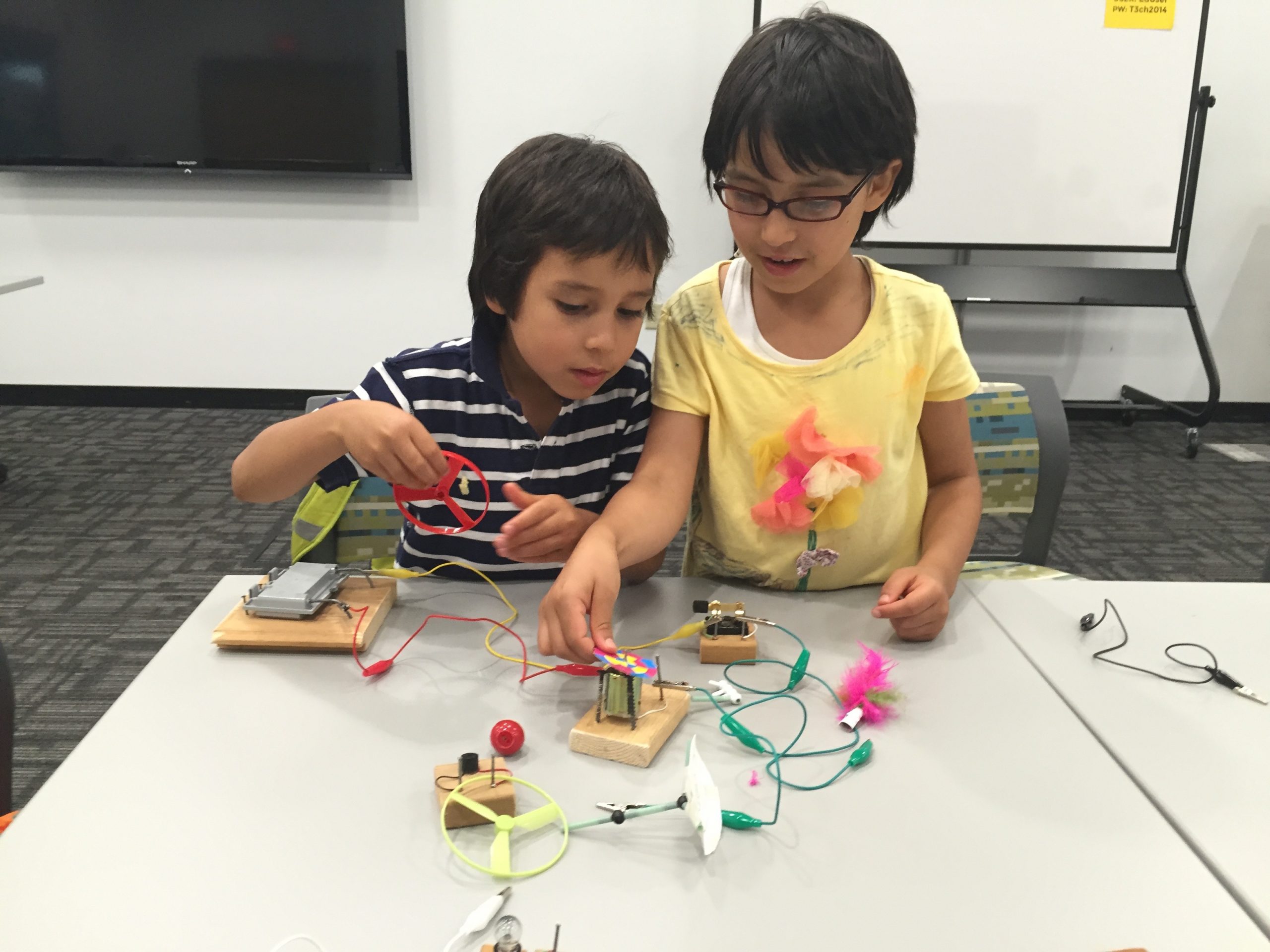
Last year, Holyoke Codes brought over 90 workshops to more than 1,200 area youth. Many of them were hosted at the Massachusetts Green High Performance Computing Center (MGHPCC), and all of them free of charge. Throughout the summer and continuing into fall of 2016, the MGHPCC has continued to host several Holyoke Codes workshops each week.
Holyoke Codes seeks to provide opportunities for kids to get involved in coding, robotics, and technology. This collaborative group provides access to resources and tools that help participants develop technology skills that are an important part of being literate in today’s society, but aren’t always readily available in school.
The range of activities on offer grows as new curricula are developed. Current resources include:
Holyoke Codes
Begun in 2014, Holyoke Codes is a collaborative partnership between MGHPCC, Girls Inc. of Holyoke, local graphic design team Sweet and Fizzy, the Commonwealth Alliance for Information Technology Education (CAITE), and New England Regional Developers (NERDs). It sees its mission as providing opportunities for kids to be involved in coding, robotics, and technology.
Image:
"Tinkerers" at a late summer Holyoke Codes Electonic Tinkering Lab: Circuit boards are designed to tinker with electricity using everyday objects and components. Batteries, lights, buzzers, motors, resistors, potentiometers, switches, are but a few of the types of electrical gizmos that can be hooked together with simple alligator clips. By approaching circuit-building with familiar components and direct connections the barrier to trying things out is lowered, and surprising moments of insights are encouraged. Image courtesy: Holyoke Codes.